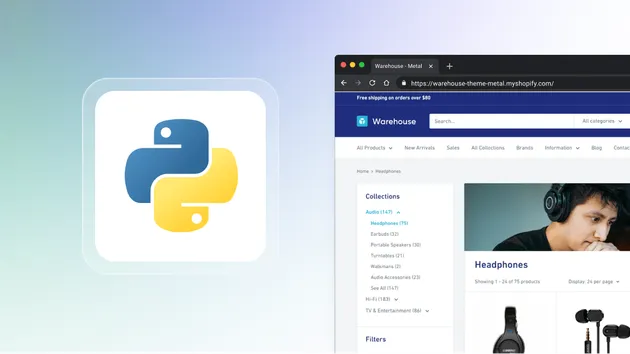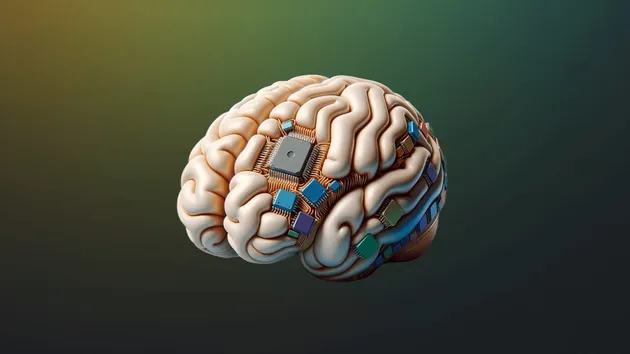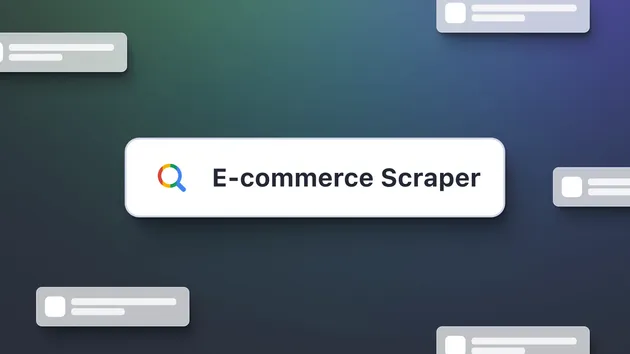Carbon Emission Scraper
Pricing
$5.00 / 1,000 results
Carbon Emission Scraper
Under maintenanceFetch real-time and historical carbon intensity and power generation data from a decent source for up to 350 global zones. Ideal for sustainability dashboards, climate research, and emissions analytics. Supports proxy rotation, customizable zone limits, and granular timestamp control.
0.0 (0)
Pricing
$5.00 / 1,000 results
0
3
2
Last modified
19 days ago





